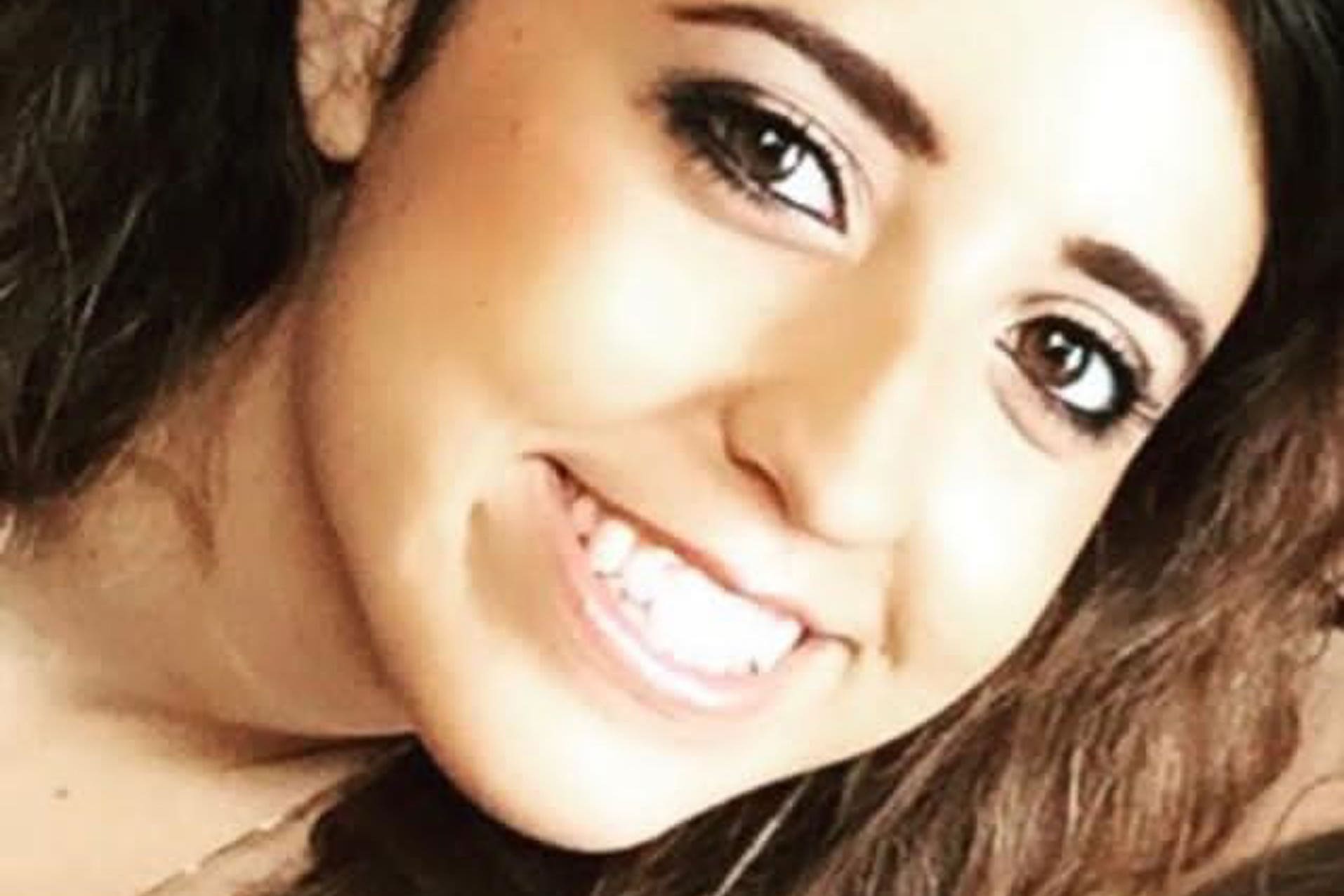Coroner and family criticise Qatar for lack of help over death of Rafaelle Tsakanika
‘No decent country treats human beings this way’ says heartbroken mother

Your support helps us to tell the story
From reproductive rights to climate change to Big Tech, The Independent is on the ground when the story is developing. Whether it's investigating the financials of Elon Musk's pro-Trump PAC or producing our latest documentary, 'The A Word', which shines a light on the American women fighting for reproductive rights, we know how important it is to parse out the facts from the messaging.
At such a critical moment in US history, we need reporters on the ground. Your donation allows us to keep sending journalists to speak to both sides of the story.
The Independent is trusted by Americans across the entire political spectrum. And unlike many other quality news outlets, we choose not to lock Americans out of our reporting and analysis with paywalls. We believe quality journalism should be available to everyone, paid for by those who can afford it.
Your support makes all the difference.A coroner has criticised Qatari authorities for causing added “distress” to the family of a young British woman killed in a hit-and-run crash in Doha.
Rafaelle Tsakanika, 21, from Cambridge, was the front seat passenger in a grey Toyota Land Cruiser struck from behind by a speeding white vehicle of the same make and model, an inquest in Peterborough heard on Wednesday.
The collision caused her vehicle, in the fast lane of a four-lane carriageway, to lose control and overturn on 30 March 2019.
Simon Milburn, area coroner for Cambridgeshire and Peterborough, apologised to Ms Tsakanika’s parents for having “not been able to provide you with all of the answers you wanted”.
He said that “in very large part has been due to the lack of detailed forensic information that came out of Qatar”.
The coroner said: “The Qatari documents provided do not, sadly, provide an accurate time and location of Raffy’s death.
“The lack of that information has no doubt been an added source of distress to Raffy’s family.”
The coroner said that potential witnesses based in Qatar took no part in proceedings “despite attempts to engage by the coroner’s service”.
He said witness accounts taken by the Qatari authorities were “without exception brief and lacking in significant detail” and had not translated well into English.
He recorded that Ms Tsakanika died from traumatic head and abdominal injuries as the result of a road traffic collision, and that it was “caused when the vehicle in which she was travelling was struck from behind by a second vehicle travelling at excess speed causing the former to lose control and overturn”.

He added: “The second vehicle did not stop at the scene.”
Mr Milburn said that the white vehicle, driven by Mubarak Al Hajri, was “travelling significantly faster” than the grey vehicle driven by Ms Tsakanika’s friend.
Mr Milburn said that Al Hajri’s vehicle was travelling “significantly in excess” of the 120km per hour (75 miles) speed limit.
At 12.06am a speed camera clocked Al Hajri’s vehicle travelling at 191km/h (118mph), showing it undamaged, and a second camera captured it at 181km/h (112mph) at 12.12am showing “damage consistent with a collision”, Mr Milburn said.
“Sadly neither speed camera location nor the images taken have ever been provided by the Qatari authorities,” said Mr Milburn.
He told Wednesday’s hearing that the material that was provided by the Qatari authorities was “far from ideal”, with detailed descriptions of the collision scene and of vehicles not provided.
He said a UK forensic collision investigator, instructed by the coroner, was given a “small number of relatively poor quality photos taken during the hours of darkness on March 30 2019 after the incident”.
“The fact that ‘the fullest information’ was not available is entirely due to the limited assistance offered by the Qatari authorities either because a full forensic investigation was never carried out or, if it was, the results of that investigation have never been provided to this court or to Raffy’s family,” said Mr Milburn.
Ms Tsakanika’s stepfather Donal Sullivan, a construction specialist involved in work on World Cup stadiums in Qatar, told an earlier hearing that he found his daughter’s body in a hospital morgue having conducted his own search after being “passed from pillar to post” by police.
Mr Milburn said: “Without any support from the authorities they were shown their daughter’s body – it is difficult to even begin to imagine the horror of that experience.”
Court documents show Al Hajri, then aged 46, was convicted in Qatar of causing Ms Tsakanika’s death, sentenced to two months in prison and ordered to pay compensation to Ms Tsakanika’s family.
Jo Sullivan, Raffy’s mother, said after the inquest: “This has been the most horrendous three and a half years of our lives. We are empty shells ... and are still struggling to come to terms with the fact that Raffy is not here.”

She continued: “Having supported that awful country as they were attempting to join the global stage as a major player, I cannot believe the way the Qataris treated us from the moment we found Raffy dead in the hospital mortuary ourselves, with no one in authority offering to help us when she went missing.
“What kind of country would make parents scour hospital wards themselves to find their missing daughter?
“The final straw, however, in our misery was the Qataris not helping the coroner with his inquiry. The Qataris seem determined to condemn us to a lifetime of not knowing how Raffy died.
“All I can do now is warn the world what this country is really like as they try to persuade us all to treat them like a real member of the international community.
“No decent country treats human beings this way.”
A Foreign Office spokesperson said: “We have provided support to the family of a woman who died in Qatar in 2019 and raised her case with the Qatari authorities at a senior level.
“We stand ready to offer further consular assistance as appropriate.”


